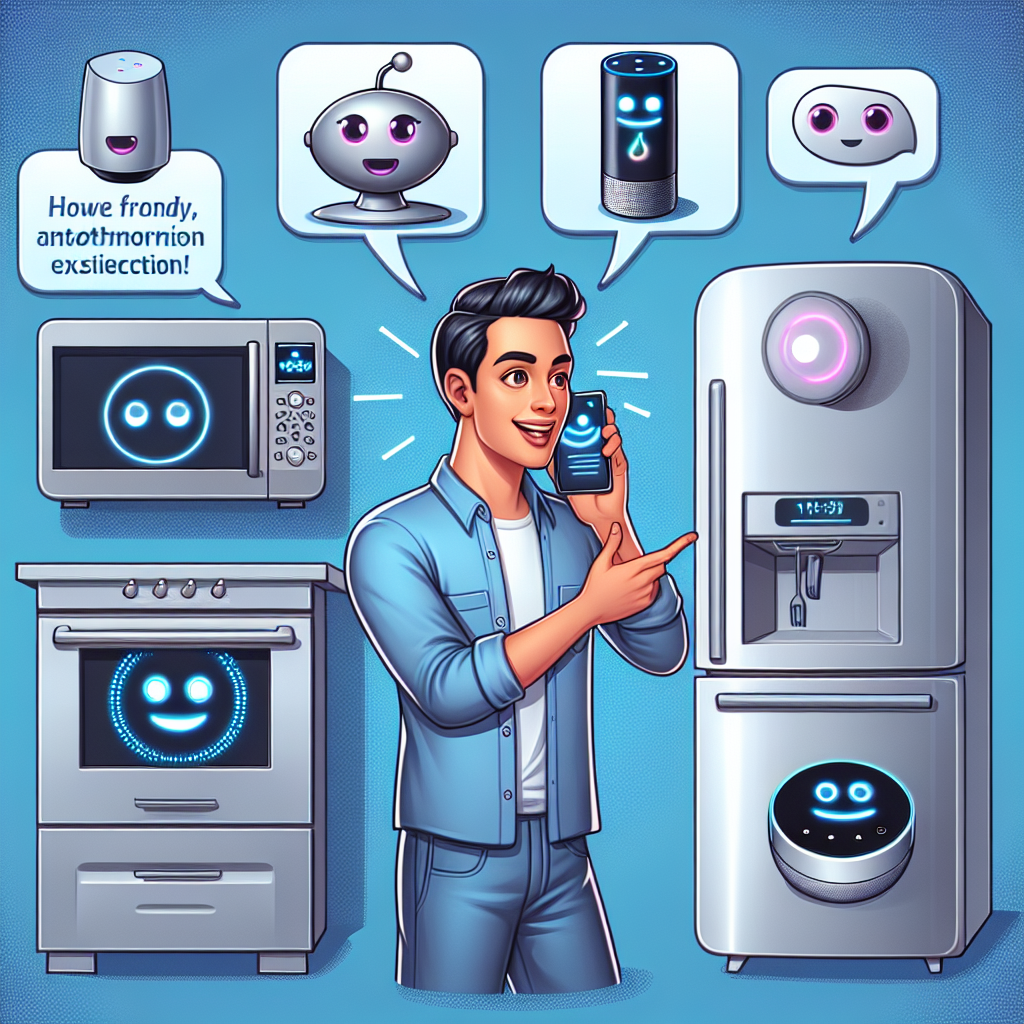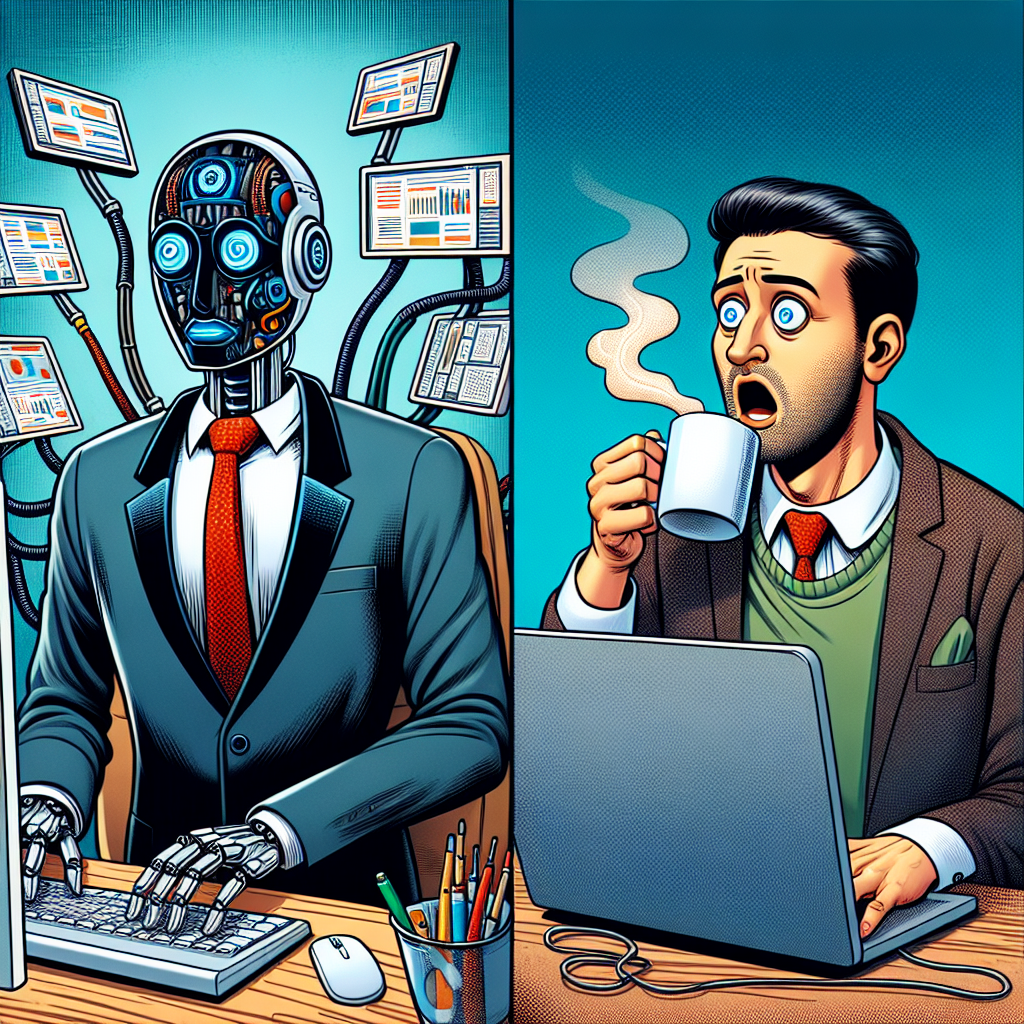As an entrepreneur or small business owner, you know the drill: endless to-do lists, not enough hours in the day, and that constant feeling that you’re always playing catch-up. You’ve probably wished for a clone or two—someone who could handle customer emails at midnight, analyze yesterday’s sales data before your morning coffee, or update your social media while you’re in back-to-back meetings.
Enter AI digital workers: the tireless allies that don’t need sleep, sick days, or coffee breaks. These virtual team members, powered by AI SaaS creation platforms, are revolutionizing how small businesses operate in a digital-first world. Unlike traditional software that simply executes commands, these customizable AI digital workers can learn, adapt, and perform complex tasks with minimal supervision.
Customizable AI Digital Workers: Your Business’s New Best Friend
Think of customizable AI digital workers as virtual employees tailored specifically to your business needs. Unlike off-the-shelf solutions that force you to adapt your processes to the software, these AI assistants mold themselves around your existing workflow.
For a small e-commerce business, this might mean an AI digital worker that monitors inventory levels, automatically reorders popular products, and sends personalized follow-up emails to customers. A consulting firm might use AI workers to schedule client meetings, prepare preliminary research, and generate draft proposals.
The beauty lies in the customization. No two businesses operate exactly the same way, which is why cookie-cutter solutions often fall short. With customizable AI digital workers, you’re essentially building team members that understand your unique business language, priorities, and customer expectations.
According to recent surveys, small businesses that implement AI solutions save an average of 15-20 hours per week on administrative tasks alone. That’s nearly half a work week returned to you for strategic thinking, relationship building, or even that elusive work-life balance.
Democratizing AI Technology Through Low-Code Development
One of the biggest barriers to AI adoption has traditionally been technical expertise. Many small business owners assume they need a computer science degree or a hefty IT budget to leverage artificial intelligence. Low-code platforms are changing that narrative entirely.
Low-code AI platforms enable entrepreneurs with minimal technical backgrounds to create sophisticated applications through visual interfaces, drag-and-drop functionality, and pre-built components. Rather than writing complex code, you’re essentially assembling building blocks—like creating a digital Lego masterpiece.
Maria, a wedding planner in Colorado, had no coding experience when she created an AI assistant that helps couples plan their big day. Using a low-code platform, she built a virtual consultant that suggests venues based on budget, estimates guest counts from preliminary lists, and even recommends vendors based on style preferences.
“I was intimidated by AI at first,” Maria shares. “But with low-code tools, I created something that handles routine questions and initial consultations. It’s like having a junior planner working 24/7, which lets me focus on the creative aspects I love.”
This democratization through user-friendly AI tools means small businesses can now compete with larger companies without massive technology investments. The playing field is leveling, with innovation—not budget—becoming the key differentiator.
Intelligent Collaboration and Workflow Automation: The Team That Never Sleeps
Remember the last time a project stalled because someone was waiting for input from someone else? Workflow automation eliminates these bottlenecks by creating systems that keep moving regardless of human availability.
Take accounting firm Bradshaw & Partners, which implemented intelligent collaboration tools to transform their monthly client reporting process. Previously, generating client reports required multiple handoffs between team members, with delays at each transition point. Their new AI-powered workflow automatically pulls financial data, generates preliminary reports, flags anomalies for human review, and even drafts explanatory notes for common scenarios.
“Our report preparation time dropped by 60%,” explains founder Sarah Bradshaw. “But more importantly, our analysts now spend their time on actual analysis instead of data gathering and formatting. Both our work quality and team satisfaction have improved.”
Intelligent collaboration goes beyond simple automation by incorporating learning capabilities. These systems observe how your team works, identify inefficiencies, and suggest improvements. They learn which team member excels at which tasks and can automatically route work accordingly.
For small businesses with limited headcount, this intelligent workflow automation creates the effect of having a much larger team. Your existing employees focus on high-value work that requires human judgment, creativity, and relationship building, while routine tasks proceed in the background.
Versatile AI Applications: From Customer Service to Data-Driven Decisions
The practical applications of AI in small businesses extend across virtually every department and function. Here’s how versatile AI applications are transforming operations:
Customer Service: AI-powered chatbots now handle up to 80% of routine customer inquiries for many small businesses. Local bookstore The Reading Corner implemented a customer service AI that answers questions about book availability, store hours, and upcoming events. Owner James Chen notes, “Our staff used to spend hours on the phone answering basic questions. Now they’re free to create meaningful in-store experiences while our AI handles the routine stuff.”
Marketing Automation: Data-driven marketing was once the domain of big companies with dedicated analytics teams. Now, AI marketing tools allow small businesses to segment customers, personalize messaging, and optimize campaign timing based on sophisticated algorithms.
Boutique skincare brand Luminous saw a 32% increase in repeat purchases after implementing AI-driven email campaigns that recommended products based on previous purchases and browsing behavior. “We’re a team of four people,” explains founder Leila Hassan. “There’s no way we could manually analyze customer data and create personalized recommendations at this scale.”
Financial Management: AI applications now scan receipts, categorize expenses, forecast cash flow, and flag unusual spending patterns, giving small business owners unprecedented visibility into their financial health without requiring accounting expertise.
These versatile AI applications demonstrate how digital workers support rather than replace human employees. By handling routine, time-consuming tasks, they free your team to focus on what humans do best: creative problem-solving, relationship building, and strategic thinking.
Personal Use AI Products: From Innovation to Revenue Stream
One of the most exciting developments in the AI SaaS creation platform space is the emergence of personal use AI products that individuals create for themselves, then share or sell to others facing similar challenges.
Consider Jose, a freelance graphic designer who created an AI tool to help him generate initial concept sketches based on client briefs. What started as a personal productivity tool became a popular subscription service for other designers in his network. Without intending to, Jose created a passive income stream from his innovation.
This sharing and selling of AI products represents a significant opportunity for entrepreneurs. The platforms that enable these creations typically offer marketplaces where users can monetize their innovations. For small business owners, this means:
- Additional revenue streams from tools originally created for internal use
- Access to affordable, specialized AI applications created by peers facing similar challenges
- Opportunities to collaborate and build upon others’ innovations
As these marketplaces mature, we’re seeing entire ecosystems develop around niche applications. Whether you’re a pet groomer, food truck operator, or wedding photographer, chances are someone has already created and shared AI tools specific to your industry’s unique workflows.
AI Agent Technology: Your Autonomous Digital Workforce
While many AI applications require some level of human oversight, AI agent technology represents the next frontier: autonomous digital workers that can make decisions and take actions independently within defined parameters.
Unlike basic automation that follows rigid rules, AI agents can navigate complex scenarios, make judgment calls based on available data, and even learn from their mistakes. For small businesses, this means setting broader objectives rather than detailed instructions.
For example, an AI agent managing your social media presence might:
- Monitor brand mentions across platforms
- Identify trending topics relevant to your business
- Create and schedule content that aligns with your brand voice
- Respond to common questions from followers
- Escalate unusual situations to human team members
- Analyze which content performs best and adjust strategy accordingly
All of this happens with minimal human input beyond initial setup and occasional guidance. The AI agent technology continuously improves its performance based on results and feedback.
Jackson Realty, a boutique real estate firm, implemented AI agents to manage their property listing process. “Before, getting a new property online involved a dozen manual steps across multiple platforms,” explains broker Rebecca Jackson. “Now our AI agent handles everything from formatting photos to cross-posting listings to scheduling viewing appointments—all triggered simply by uploading photos and basic property details.”
The integration of these AI agents into existing operations happens more seamlessly than many business owners expect. Modern platforms prioritize compatibility with popular business tools, meaning your new digital workers can usually slot into your existing technology ecosystem without major disruption.
The Future Is Collaborative: Humans and AI Working Together
As we look to the future, it’s clear that AI is not just a passing trend but a fundamental shift in how small businesses operate. The most successful entrepreneurs will be those who embrace these tools not as replacements for human creativity and judgment, but as amplifiers of human potential.
The evolution of AI SaaS creation platforms is making this technology increasingly accessible to businesses of all sizes. What once required enterprise-level budgets and dedicated IT teams is now available to solo entrepreneurs and small teams through user-friendly interfaces and affordable subscription models.
For small businesses aiming to remain competitive, implementing customizable AI digital workers isn’t just about efficiency—it’s about survival in a marketplace where customers expect 24/7 service, instant responses, and personalized experiences.
As you consider how AI might transform your own business, start with a simple question: What repetitive tasks consume your team’s time and energy? Those are likely the first candidates for AI assistance. Begin with targeted applications that address specific pain points, then expand as you see results.
The future belongs to hybrid workforces where humans and AI collaborate, each focusing on what they do best. Your digital workers handle the routine, the repetitive, and the data-intensive, while your human team brings creativity, emotional intelligence, and strategic thinking to the table.
In this new landscape, small businesses have an unprecedented opportunity to operate with the efficiency and sophistication previously reserved for large corporations—all while maintaining the agility and personal touch that make small businesses special.
The AI revolution isn’t about replacing human workers—it’s about reimagining what’s possible when we free humans to do what only humans can do. For small business owners willing to embrace these tools, the potential is limitless.









